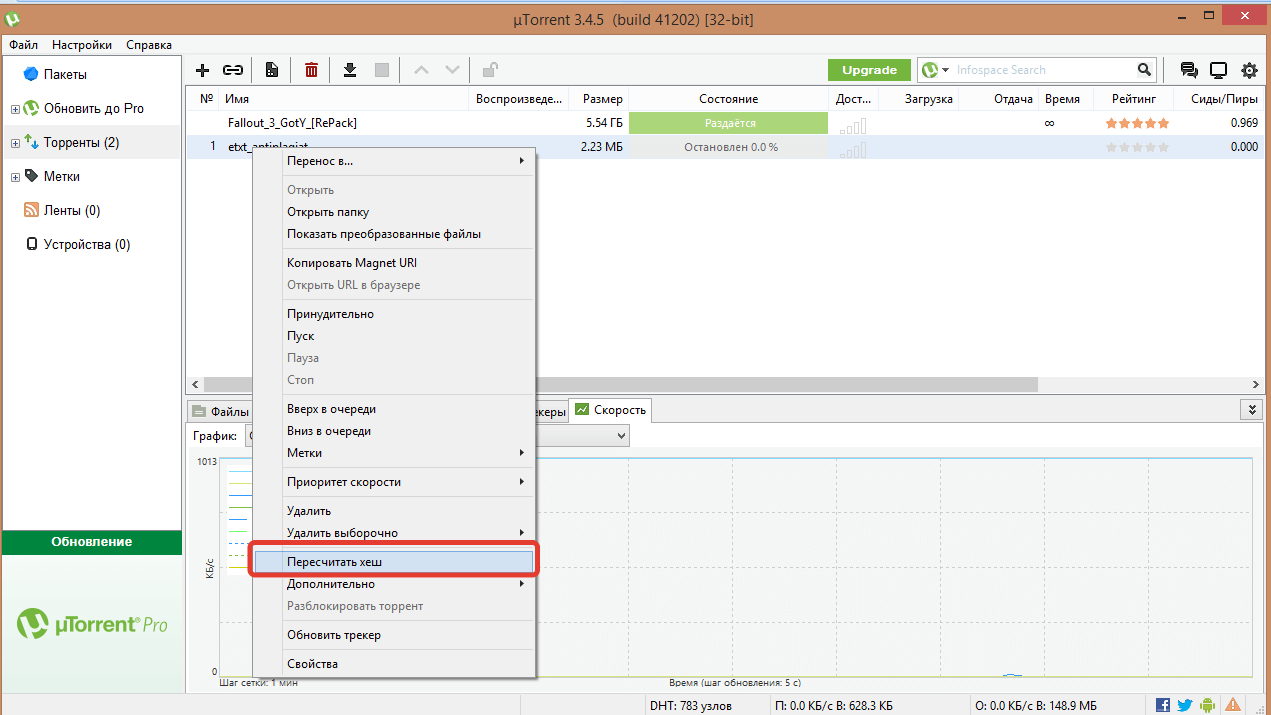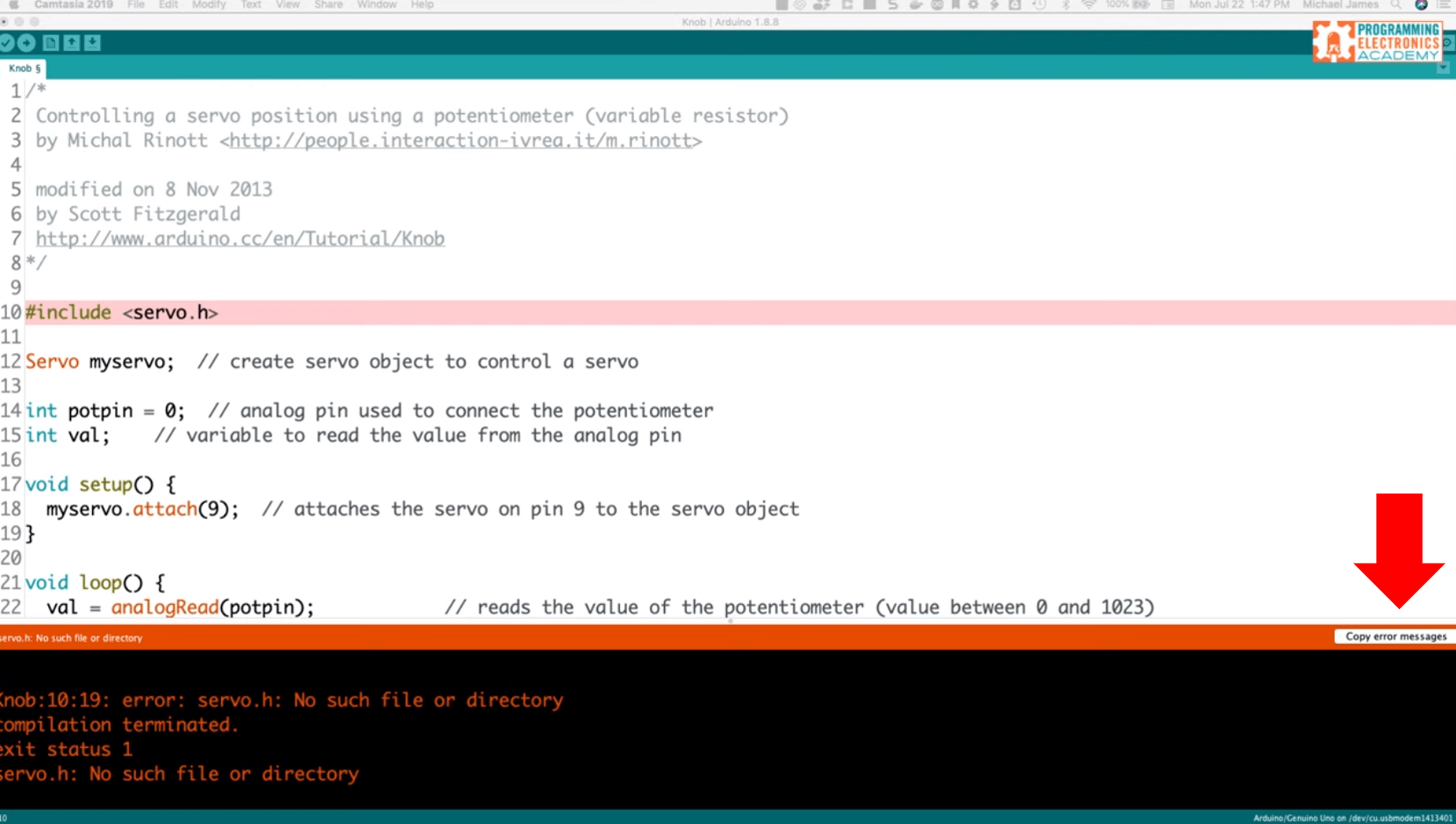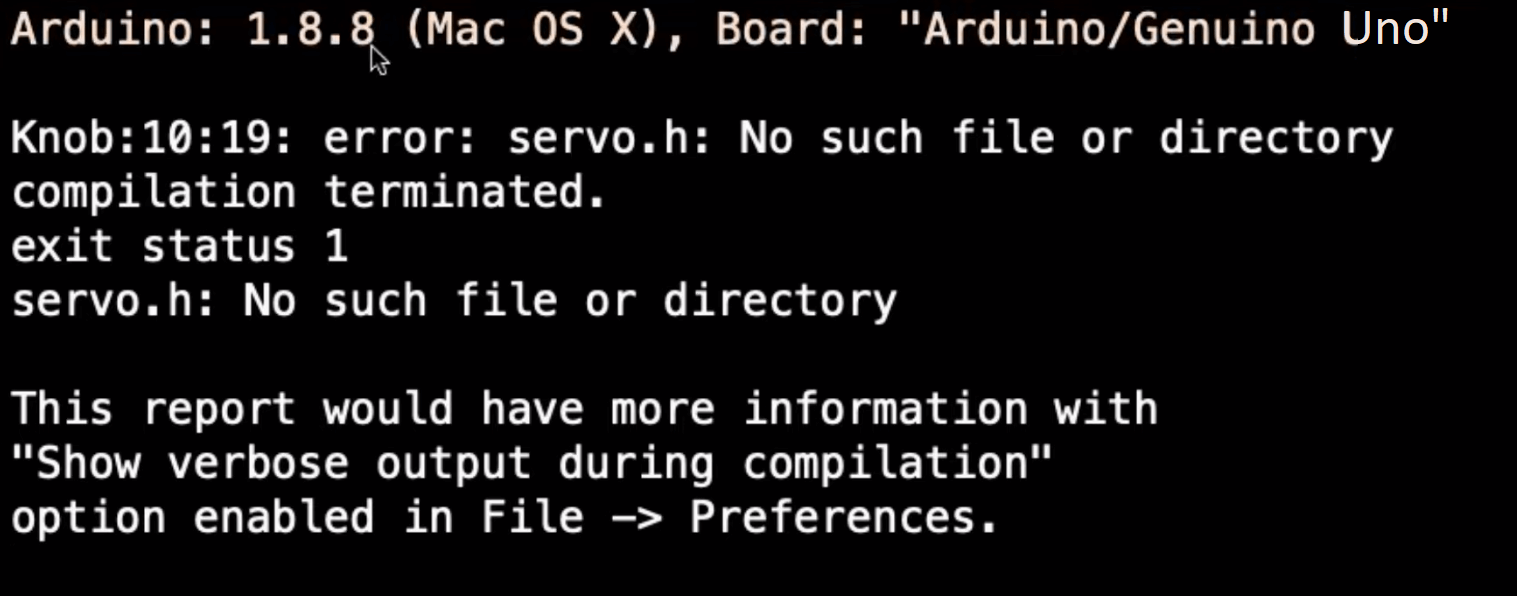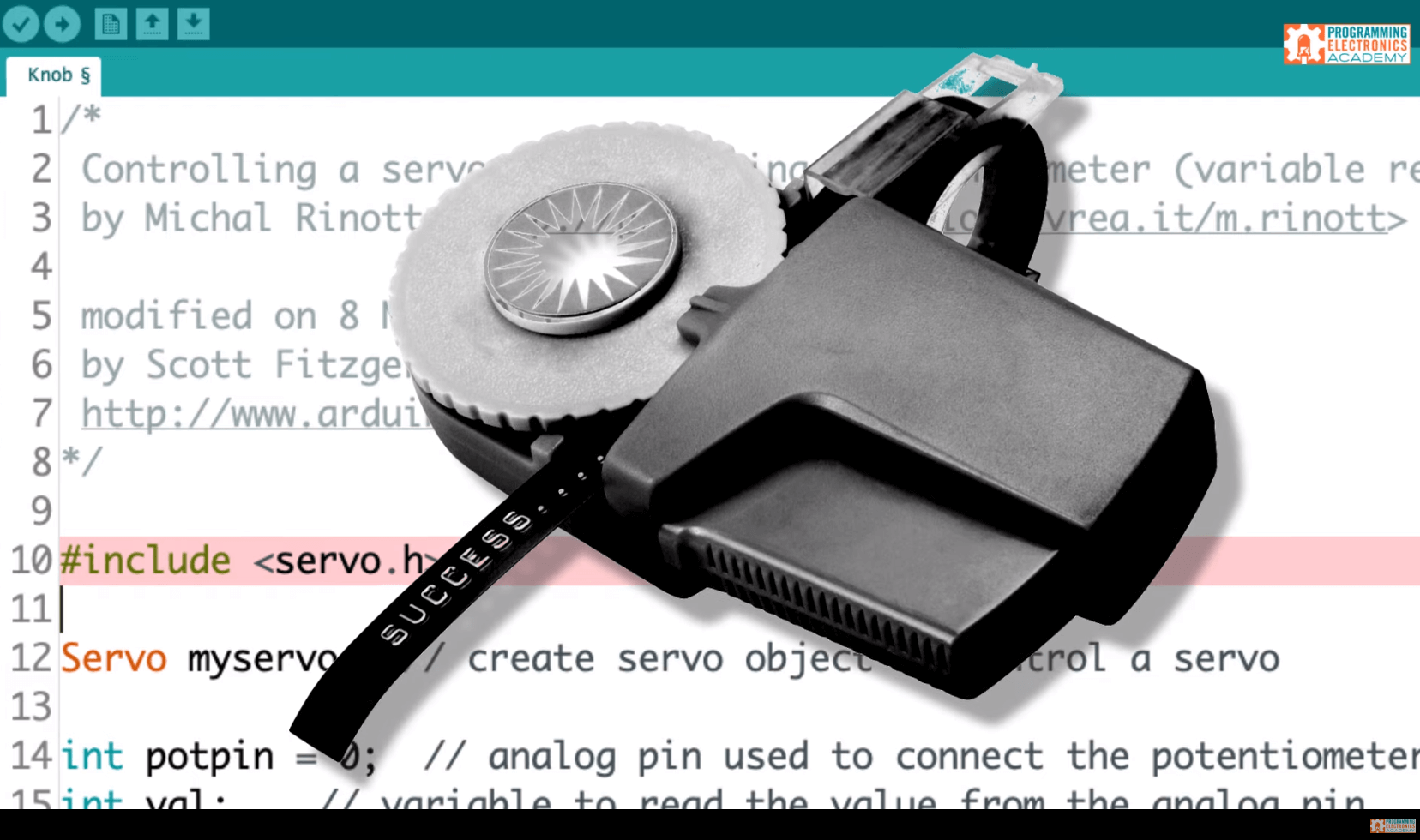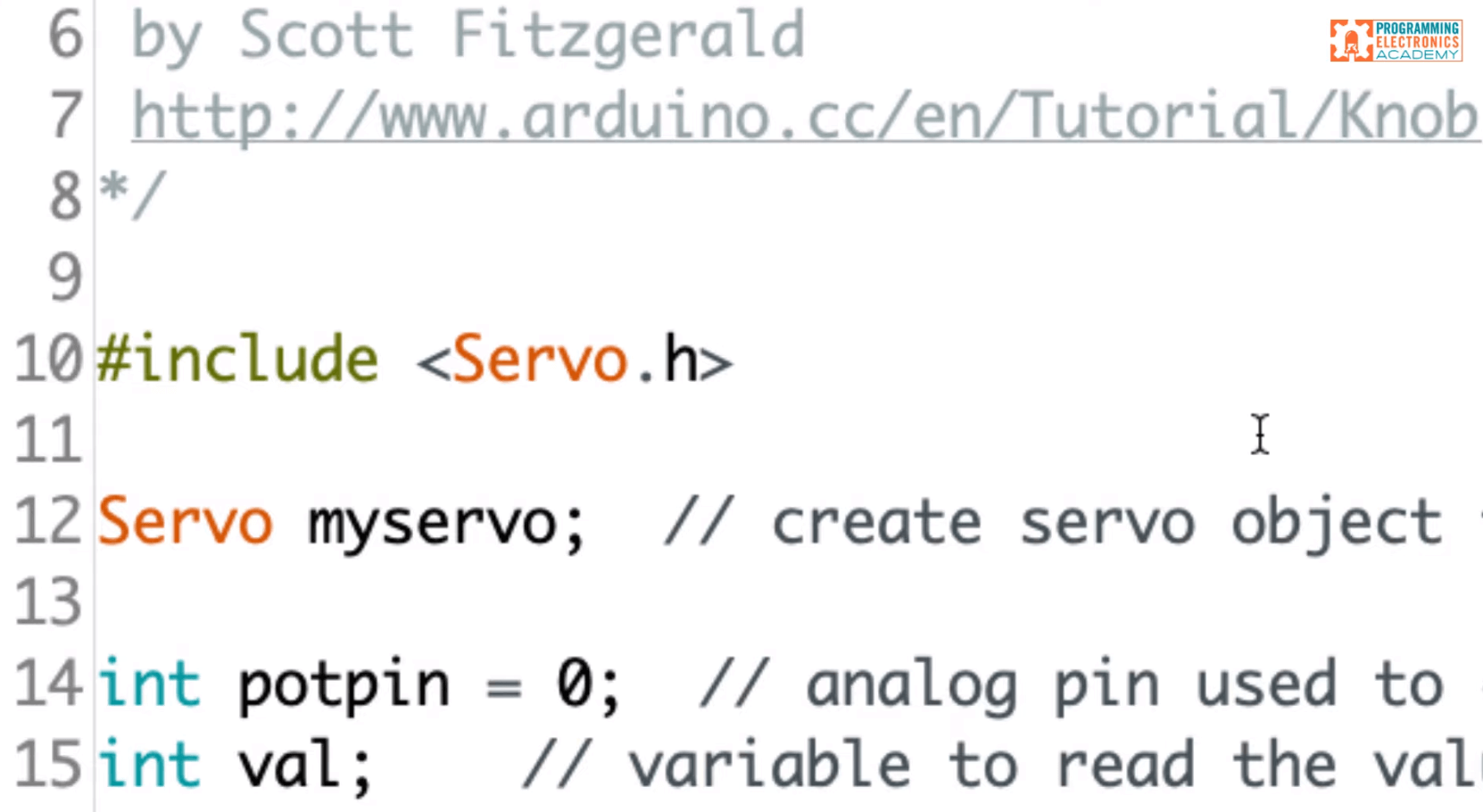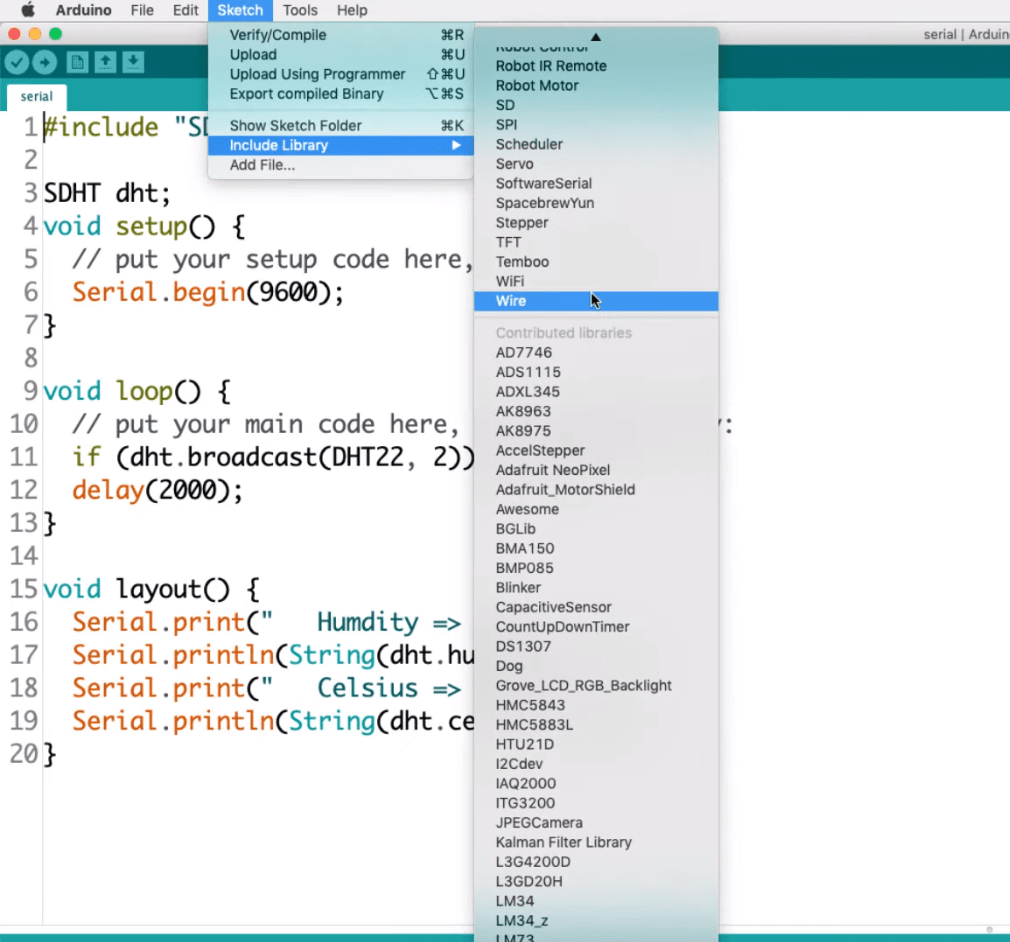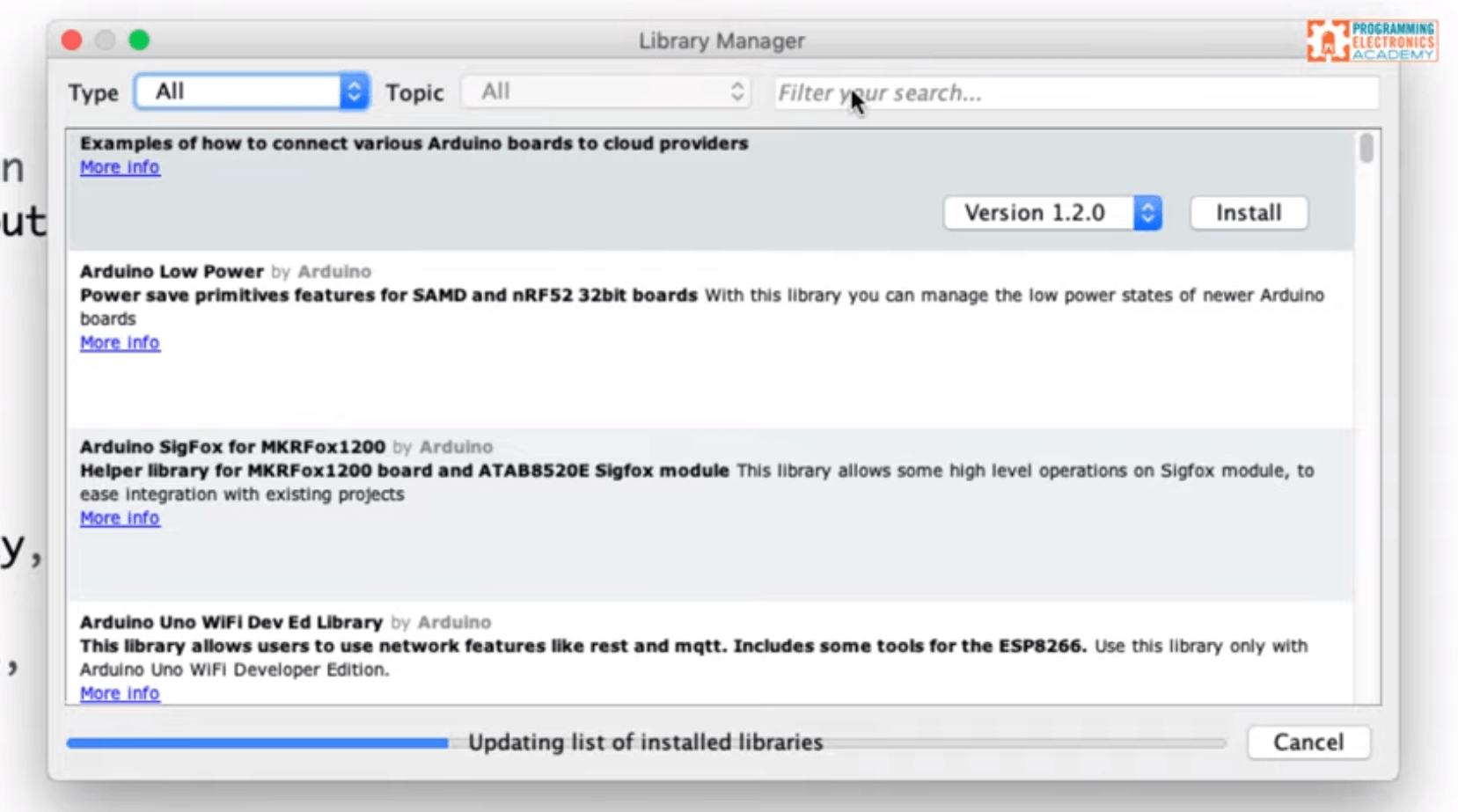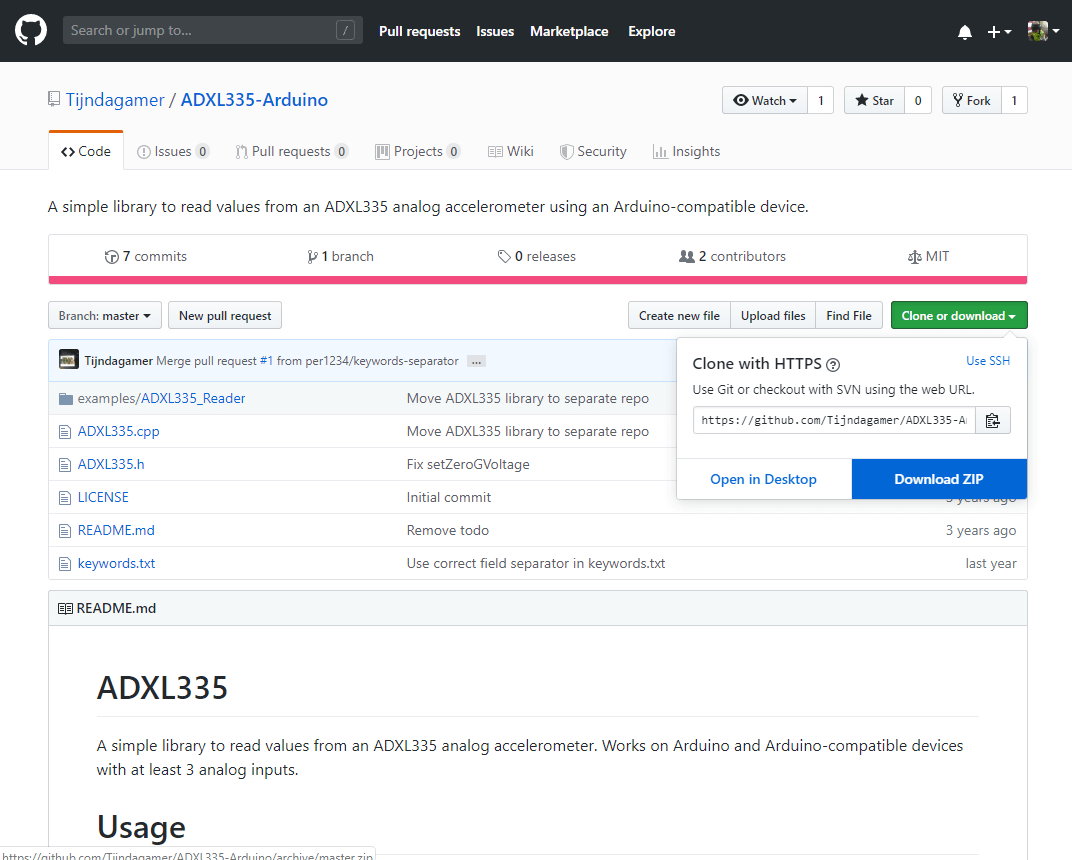Что означает ошибка no such file or directory
Решаем ошибку error no such file or directory
Ошибка error no such file or directory (Ошибка: нет файла или каталога) возникает на различных устройствах и программах. Разберем возможные решения в некоторых случаях.
В любом случае, в первую очередь обратите внимание на наличие необходимого файла или папки, если он указан в ошибке.
Если ошибка возникает при запуске приложения и после появления ошибки загрузка прекращается, происходет «вылет», вероятно игра или приложение установлена с ошибкой, либо в установочном файле отсутствуют важные компоненты. Если файлы скачаны через торент, проверьте целостность ХЭШа. Для этого кликните на закачку правой кнопкой и нажмите «Пересчитать хэш».
Проверьте, соответствует ли разрядность вашей операционной и запускаемого приложения. К примеру, ошибка no such file or directory появится, если вы запускаете программу, предназначенную для 64-х битных систем в 86-битной Windows.
Так же проверьте, есть ли у выполняемой программы или скрипты все необходимые права на чтение и запись. В windows запустите программу от имени администратора.
При написании программ и скриптов обратите внимание на кириллические символы в пути к файлу или папке.
Эта статья очень обобщенная, но вы наверняка пришли с конкретной ошибкой. Просим вас внести свой вклад в сообщество и напишите свою ошибку error no such file or directory и название программы, в которой она возникает в комментариях ниже. Мы постараемся вам помочь.
Arduino IDE ошибки компиляции скетча
Ошибки компиляции Arduino IDE возникают при проверке или загрузке скетча в плату, если код программы содержит ошибки, компилятор не может найти библиотеки или переменные. На самом деле, сообщение об ошибке при загрузке скетча связано с невнимательностью самого программиста. Рассмотрим в этой статье все возможные ошибки компиляции для платы Ардуино UNO R3, NANO, MEGA и пути их решения.
Ошибка компиляции для Arduino Nano, Uno, Mega
Самые простые ошибки возникают у новичков, кто только начинает разбираться с языком программирования Ардуино и делает первые попытки загрузить скетч. Если вы не нашли решение своей проблемы в статье, то напишите свой вопрос в комментариях к этой записи и мы поможем решить вашу проблему с загрузкой (бесплатно!).
Ошибка: avrdude: stk500_recv(): programmer is not responding
Что делать в этом случае? Первым делом обратите внимание какую плату вы используете и к какому порту она подключена (смотри на скриншоте в правом нижнем углу). Необходимо сообщить Arduino IDE, какая плата используется и к какому порту она подключена. Если вы загружаете скетч в Ардуино Nano V3, но при этом в настройках указана плата Uno или Mega 2560, то вы увидите ошибку, как на скриншоте ниже.

Такая же ошибка будет возникать, если вы не укажите порт к которому подключена плата (это может быть любой COM-порт, кроме COM1). В обоих случаях вы получите сообщение — плата не отвечает ( programmer is not responding ). Для исправления ошибки надо на панели инструментов Arduino IDE в меню «Сервис» выбрать нужную плату и там же, через «Сервис» → «Последовательный порт» выбрать порт «COM7».
Ошибка: a function-definition is not allowed here before ‘<‘ token
Это значит, что в скетче вы забыли где-то закрыть фигурную скобку. Синтаксические ошибки IDE тоже распространены и связаны они просто с невнимательностью. Такие проблемы легко решаются, так как Arduino IDE даст вам подсказку, стараясь отметить номер строки, где обнаружена ошибка. На скриншоте видно, что строка с ошибкой подсвечена, а в нижнем левом углу приложения указан номер строки.

Ошибка: expected initializer before ‘>’ token / expected ‘;’ before ‘>’ token
Сообщение expected initializer before ‘>’ token говорит о том, что вы, наоборот где-то забыли открыть фигурную скобку. Arduino IDE даст вам подсказку, но если скетч довольно большой, то вам придется набраться терпения, чтобы найти неточность в коде. Ошибка при компиляции программы: expected ‘;’ before ‘>’ token говорит о том, что вы забыли поставить точку с запятой в конце командной строки.
Ошибка: ‘ ‘ was not declared in this scope
Что за ошибка? Arduino IDE обнаружила в скетче слова, не являющиеся служебными или не были объявлены, как переменные. Например, вы забыли продекларировать переменную или задали переменную ‘DATA’, а затем по невнимательности используете ‘DAT’, которая не была продекларирована. Ошибка was not declared in this scope возникает при появлении в скетче случайных или лишних символов.

Например, на скриншоте выделено, что программист забыл продекларировать переменную ‘x’, а также неправильно написал функцию ‘analogRead’. Такая ошибка может возникнуть, если вы забудете поставить комментарий, написали функцию с ошибкой и т.д. Все ошибки также будут подсвечены, а при нескольких ошибках в скетче, сначала будет предложено исправить первую ошибку, расположенную выше.
Ошибка: No such file or directory / exit status 1

Довольно часто у новичков выходит exit status 1 ошибка компиляции для платы arduino/genuino uno. Причин данного сообщения при загрузке скетча в плату Arduino Mega или Uno может быть огромное множество. Но все их легко исправить, достаточно внимательно перепроверить код программы. Если в этом обзоре вы не нашли решение своей проблемы, то напишите свой вопрос в комментариях к этой статье.
“.h: No such file or directory” – 2 Easy fixes to Arduino error
Are you trying to run an Arduino sketch, but keep coming across a “No such file or directory” error? This is a pretty common error! Keep watching to learn more about 2 easy fixes for this error.
No such file error!
Error messages can be such a pain, but they’re supposed to tell us something about the error we made. Let’s take a look at the one below. If you look at the bottom portion of the Arduino IDE where the error message shows up, there’s this handy little button that says “copy error messages”.
If you click on it, it copies the error message inside the little window to the clipboard on the computer.
What you can do now is paste it into Google, for example, and do a search which can help you find out more about the error. Or you could paste it into a forum and say, “Hey, I’ve got this error message, please help me.”
For this situation, however, we’ve copied it and we’re going to paste it into a text editor so we can take a closer look at what the error message is actually saying.
Decoding the no such file error
The first sentence just says which Arduino version is in use, which operating system is running, and which board is selected.
The second sentence actually starts getting into the error a little bit. The first thing it gives us is the name of the program. So, in this case, the name of the program was “Knob”.
If you look at the Arduino IDE, the the numbers on the left are called line numbers of the program and they’re a reference to help us find where different lines of code are. The “10” after “Knob” is the line number (in the Arduino IDE) that the error was detected on.
The “19” is a reference to how long that line of code is, so how many spaces or characters long is it.
Then it tells us the actual error. It says “servo.h: No such file or directory”. Why are we getting this error?
The error of our ways
Well, let’s take a look at line 10 and see what it says. It says “#include ”
When we verify this code, what this line does is tell the Arduino IDE compiler “Hey, for this program to work, you need to go get this file servo.h”.
Let’s say you had a label making machine and you were trying to run the label maker and print some labels. To make it work, you have to put in a roll of labels. If you don’t have that roll of labels, then your label maker isn’t gonna work. So our program’s like the label maker and the file (servo) is the roll of labels.
So the error message is like “Hey, programmer, you said I needed this other file… but I looked for it and it’s not there. What gives? Let’s get to the bottom of this error message and go over two different scenarios.
Scenario 1 – fat fingers
This sketch is one that you’ve written. You’re actually the one who wrote the “#include” line. The first thing you should check is your spelling and capitalization. Maybe you spelled the name of the library incorrectly, or in this example, maybe you didn’t capitalize the right letters.
So “servo.h” should actually be a capital “S”, or written out, “Servo.h”. Now in this example, you’ll notice that the word servo changes color when correctly capitalized, and that’s because the library name “Servo” is recognized as a “key word” in the Arduino IDE. Keep in mind that might not be the case for all the libraries that you’re using.
Therefore you can’t use whether or not it color changed as an absolute indicator, but it can be helpful. It is amazing how long you can stare at a line of code and miss something like a spelling or a capitalization error.
Scenario 2 – missing files
In this scenario you’ve either downloaded or copied and pasted some code from the internet and you’re trying to run it for the first time. Now you start getting this error message. Let’s just assume that the original author of the program spelled the name of the library correctly.
We’ll go ahead and skip the troubleshooting associated with scenario 1. The next step would be to verify that we actually have the file this program is calling for. We must also ensure the file is in the correct place.
An easy way to check to see if you have that file is to be in the Arduino IDE and go to Sketch > Include Library, and then look for the name of that library.
Whatever library the #include statement was calling for, you want to look through this big long list for that library. If you don’t see its exact name in this list, this means you do not have that library installed appropriately (they’re all in alphabetical order which helps). If you don’t see it here, you’ll have to add the library.
The easiest way to add a library is to go to Sketch > Include Library > Manage Libraries. It will open up a dialogue box and you can search for a library. There’s so many libraries, you’re definitely going to want to filter.
Make sure you type the exact word that matches the #include line. Once you find the missing library click install. It will let you know that it’s installing the library and updating the list of libraries.
Next we can double-check it has successfully installed. Go to Sketch > Include Library and the installed library should now appear on the drop down list. Now, when it complies, you should no longer get the error.
Other library locations
Not all libraries are in this convenient pop-up window when you go to manage libraries. There’s tons of different ways to find Arduino libraries on the web. Often, if you’re downloading or copying a program from the internet, just go to the page where you got that program and see what library they’re referencing. Maybe they have a link to GitHub, for example, which is a place where people keep a lot of code libraries.
Now when we go to Sketch > Include Library, the new library will appear in the drop-down list. Viola! You now know 2 ways to add a new library.
Review
So we’ve discussed two possible scenarios that could cause the “No such file or directory” error to appear after you compile your sketch.
First, if you wrote the sketch, just double-check your spelling and capitalization.
Second, if you have copied code from someone else, make sure you have the correct libraries installed.
We hope you have a great one and we’ll see you next time! Bye!
httpd: (2)No such file or directory: exec of ‘. index.cgi’ failed
Перенёс проект на CentOS. При запуске скрипта из cgi-bin выплёвывается вот такая ошибка в лог.
(2)No such file or directory: exec of ‘. /index.cgi’ failed
Насколько я понимаю, это значит, что Апач не может найти файл, на который ссылается скрипт. Начало скрипта выглядит так:
По соотвествующему адресу newlisp лежит, запускается нормально. Если заменить адрес на несуществующий, типа #!/usr/nothing, будет та же ошибка. Если первую строчку убрать совсем, будет другая ошибка: (8)Exec format error. То есть, скрипт он всё же читает, просто не может запустить newlisp.
У меня есть версия, что у Апача не хватает полномочий на запуск newlisp. Как можно это проверить?
Права на скрипт:
-rwxrwxrwx 1 ritz ritz 259 Jul 21 19:01 index.cgi
Скрипт, чо как, лежит в cgi-bin, я на него перехожу ссылкой из index.htm в корне сайта.
А ExecCGI на директорию cgi-bin кто ставить будет?
добавть в опции директории /cgi-bin ExecCGI
Сделать Options ExecCGI? Сейчас попробую.
Попробовал. Ноль эффекта: та же ошибка.
Перезапустить apache не забыли?
Перезапустил, конечно же.
Если я правильно понимаю, сам скрипт выполняется. Не выполняется программа, которая указана в #!/.
Вторая версия у меня — возможно httpd в CentOS по умолчанию зачрутен. Но я не знаю, как это проверить.
может, не хватает прав на выполнение newlisp? Попробуйте с простеньким башевым или перловым скриптом, например,
pip install fails with «No such file or directory: ‘c++’: ‘c++'» #24556
Comments
chriswolske commented Oct 24, 2020
What version of gRPC and what language are you using?
grpcio-1.33.1 for python
What operating system (Linux, Windows. ) and version?
Linux, Debian 10.6, kernel 4.19
What runtime / compiler are you using (e.g. python version or version of gcc)
What did you do?
pip37 install grpcio
What did you expect to see?
What did you see instead?
Collecting grpcio
Using cached https://files.pythonhosted.org/packages/c3/4b/b8a3e1951c90c3e14a657f3682b705840c146c9cad07948f59df4ff1eca3/grpcio-1.33.1.tar.gz
Complete output from command python setup.py egg_info:
Traceback (most recent call last):
File «», line 1, in
File «/tmp/pip-install-d5l0m2wt/grpcio/setup.py», line 224, in
if check_linker_need_libatomic():
File «/tmp/pip-install-d5l0m2wt/grpcio/setup.py», line 174, in check_linker_need_libatomic
stderr=PIPE)
File «/usr/lib/python3.7/subprocess.py», line 775, in init
restore_signals, start_new_session)
File «/usr/lib/python3.7/subprocess.py», line 1522, in _execute_child
raise child_exception_type(errno_num, err_msg, err_filename)
FileNotFoundError: [Errno 2] No such file or directory: ‘c++’: ‘c++’
See TROUBLESHOOTING.md for how to diagnose problems better.
Anything else we should know about your project / environment?
pip is installing all other packages with no problem.
The text was updated successfully, but these errors were encountered:
